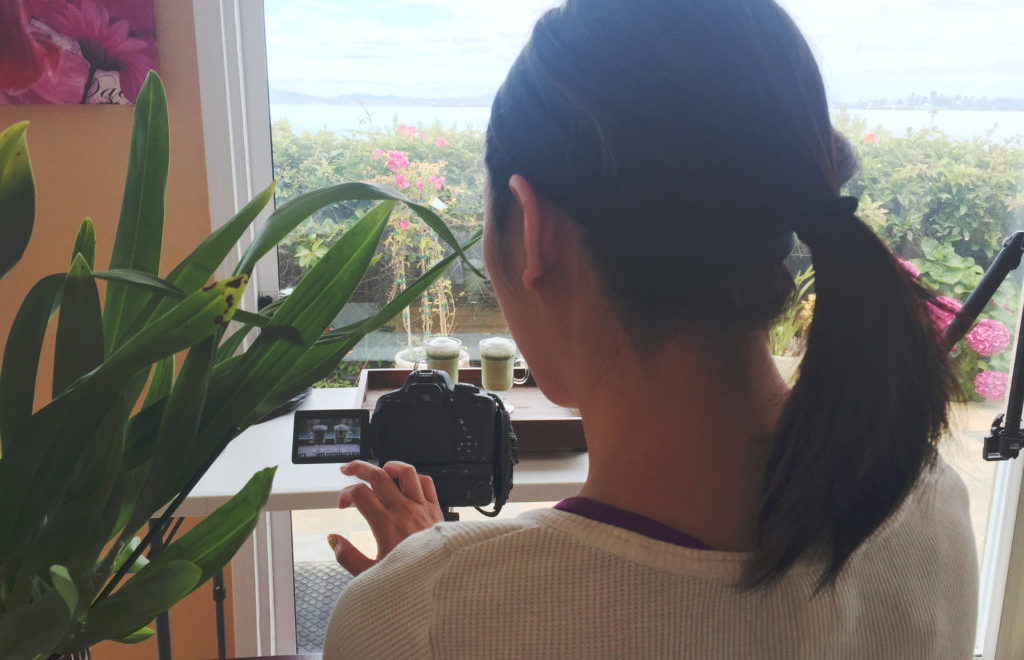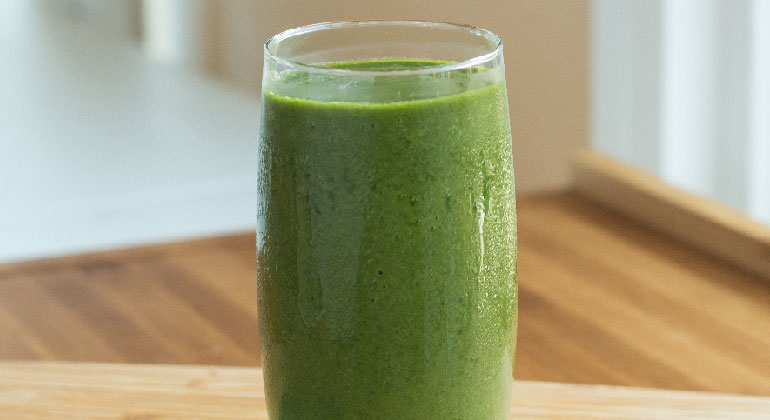
Eat salmon, not swordfish. Cut the coffee. Say ciao to soft cheese and arrivederci to alcohol. As if pregnancy couldn’t be more uncomfortable, it seems a lot of good grub is off limits for the next nine months or more, and this will only be the first of several sacrifices on the way to motherhood. Any postpartum woman knows that pregnancy comes with a new set of habits and sizeable shifts in focus. Luckily, there is still something simple out there that women have relied on for the nourishment and sustenance of them and their children for centuries: moringa. I met some of these women while I was serving as a Peace Corps volunteer in Benin, West Africa. Together, we combined our knowledges of western and traditional medicine to achieve holistic maternal care.
The three nutrients that pregnant women need most are calcium, iron, and folic acid. In parts of the world where prenatal vitamins are not readily available, moringa is used to supplement these minerals as well as B vitamins and protein in pregnant and breastfeeding mothers. While supplements should always be discussed with your doctor, moringa can be an excellent way to add a boost of these nutrients to each meal that you prepare, as one tablespoon of the dry leaf powder can provide about 50% RDV iron, 15% RDV of calcium and 5 ug folic acid.
In Benin, my favorite part of my work was hosting monthly nutrition seminars for a group of mothers at a local preschool. Mothers from the ages of 16 to 46 arrived with toddlers stumbling behind, babies on their hips, suckling at their breasts, or one on the way (or maybe two, as Benin is genetic a hot spot for twins!). Not a session went by without the mention of moringa because in addition to an increase in prenatal nutrients, the benefits of moringa can last long after pregnancy ends. Evidence shows that moringa can act as a galactagogue, a natural substance that increases milk production, even among mothers who give birth to preterm infants (1). And in the Philippines, a study found that among mothers who breastfed and used moringa daily, breast milk volume and infant weight gains were significantly greater than the control group of mothers and infants that were not exposed to moringa (2). With the women in my community, our goals were to stave off anemia for pregnant moms in their final weeks of pregnancy*, increase lactation for those who had several young ones to nourish, and help families keep their young children strong in the fight against malnourishment. Moringa was there every step of the way.
While working with mothers in Benin, I encountered many sage-femmes, women who counsel other women prior to birth and during lactation. I was pleased to find such a resource state-side in Lindsey Stern Beallo, a DONA Certified Birth Doula, who supports mothers in the Bay Area, California. Be it Benin or the Bay Area, there has always been a global commonality of women supporting women in their most primal and natural endeavors of labor and giving birth. For a doula, this involves the creation of a positive, supportive environment, as well as practical guidance to a healthy, celebratory journey to motherhood. She provides resources to pregnant mothers regarding labor preparation, delivery, breastfeeding, and even guidance for fathers. Lindsey recommends moringa to her clients as an important nutrient boost – particularly iron – in the final weeks of pregnancy and during breastfeeding to stay satisfied, nourished, and benefit from the moringa leaves’ lactation enhancing properties.
A breastfeeding mom knows that when she eats healthy food, her baby is eating healthy food too. As moringa is comparable to other dark leafy greens, its incorporation into a mother’s diet is safe for both her and her child. A Senegalese study noted that postpartum use of moringa increased maternal vitamin A intake and also increased the vitamin A content of breast milk for at least six months (3). There, and in many other parts of the world, it is even suggested that a mother incorporates moringa into her child’s weaning foods, like porridges, for a nutrient boost (4). The moringa porridge we prepared in Benin was a hit among preschoolers, their older siblings, and even dad if he was willing to try!
While further studies are still needed to complete the nutritional and medicinal profiles of moringa, its galactagogue capabilities and multivitamin components are indisputable (5). Sage-femmes, doulas, and the mothers I encountered in Benin seemed to understand the value of traditional wisdom and practice when it comes to the most ancient female rite of passage. Women all over the world strive to nourish themselves in preparation for new life. To eat as many moms have eaten for thousands of years, incorporate moringa in your journey to motherhood.
You can add moringa powder to anything, from smoothies to savory dishes to your baby’s mashed bananas, for a nutritious burst. The suggested daily serving of moringa powder is six tablespoons for a nursing mother, and three tablespoons for a child of one to three years (6). You can find Organic Moringa Powder here. Another great way to get your daily dose of moringa is by Kuli Kuli Moringa Superfood Bars. Even the pickiest kids like them for snacks and school lunches! With no more than six wholesome ingredients, the simplicity and convenience of these snacks is great for moms on the go and kids that grow.
Resources:
- Moringa Breastfeeding Study, Moringa Philippines Study
- Moringa as a Galactagogue
- Moringa Senegal Study
- Moringa as a Weaning Food
- A Review of Moringa Research
- Moringa as Rural Food and Medicine
*It is important to avoid moringa in the early stages of pregnancy, as two studies have shown moringa leaves can act as a contraceptive in rats. Further research is needed to determine the safety of moringa use before the final weeks of pregnancy.









